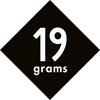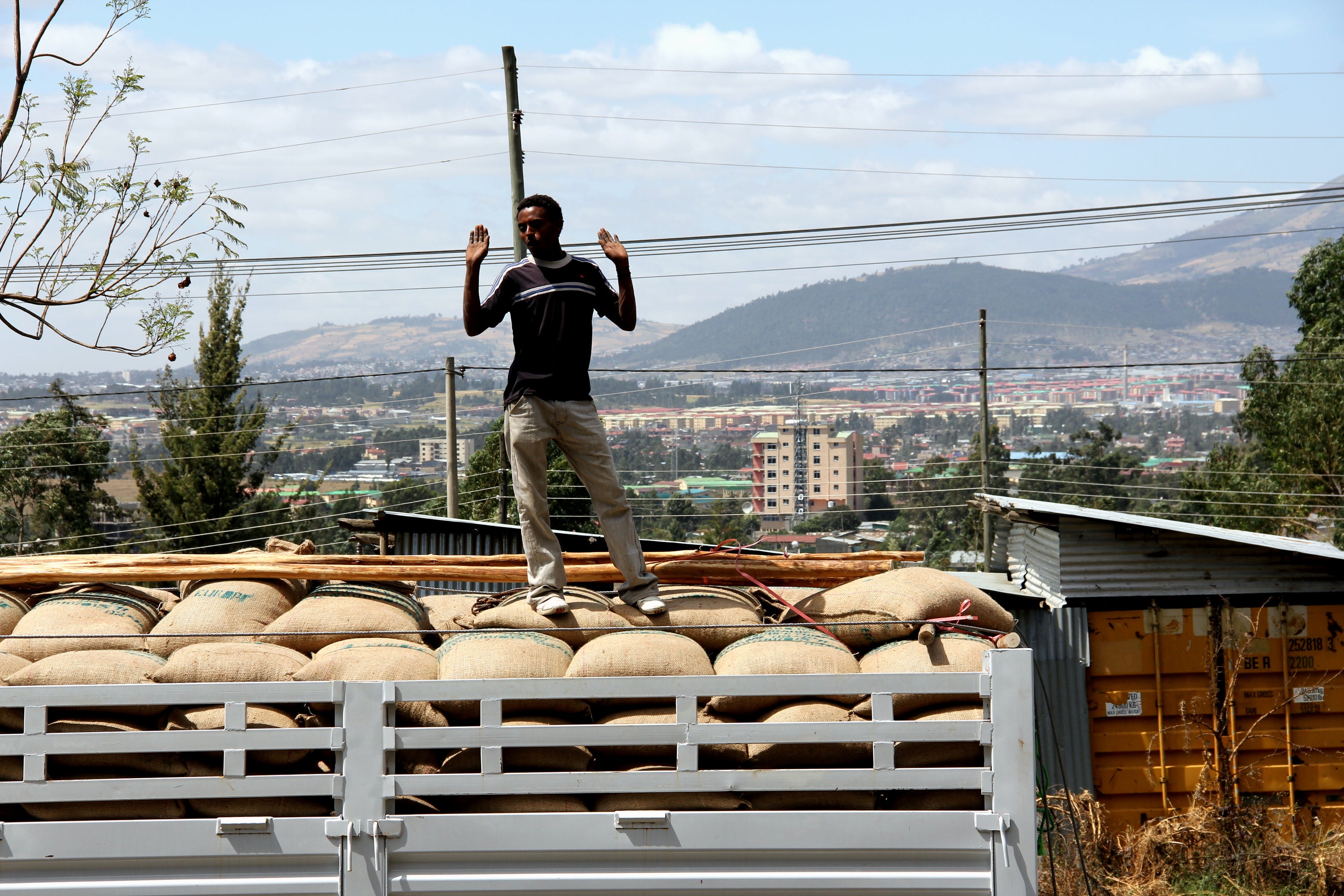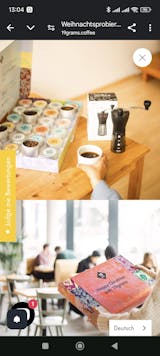Coffee, more than just a commodity
Coffee, as most people buy and drink it, is now traded in gigantic quantities on commodity markets. The largest of these exchanges, ICE, sets prices for hundreds of thousands of tons of coffee on the principle of supply and demand, and these prices are mostly low. Low means that the farmers see very little of that money, but that because of the ridiculously low prices for bulk coffees, there is also little value to be placed on quality, roast and flavor profile.
From day one, coffee has not been a commodity for us at Tres Cabezas/ 19grams, but a matter of the heart. Coffee offers an almost unlimited opportunity to differentiate, develop and blend flavors. Necessary for this is a clear focus on quality. And we still follow this principle today.
Not the price is the criterion for buying a coffee, but the quality and the potential. Following this principle, every coffee of ours is an experiment with our own understanding of taste, a discovery of the new and unknown, and an engagement with a world that is always evolving.
We are always happy to offer you new coffees and we are even happier when you buy them from us and maybe even write us how you like them. Because this way we can roast more coffee and still get a little better.
And never forget. Price is what you pay, value is what you get.
Tastes like orange and chocolate: Tarrazu Don Martin from Costa Rica
Orange? Coffee? And chocolate and cocoa to boot? What's with the flavor statements?

Specialty coffees, like the ones you'll find at 19grams, differ significantly in flavor profile from classic supermarket coffees or Italian roast coffees. Basically, the following rule of thumb applies. The higher grown, the fruitier. This is due to a myriad of factors such as humidity, temperature, oxygen content, soil conditions, fertilization, and so on and so forth.

But how does the orange get into the coffee? Basically, it's the same as with wine: our roasting experts develop the coffees and try to tickle certain aromas out of the green coffee, which in this example are reminiscent of orange. That can come from a certain tannic acid or a bittering agent. So what is meant is not that the coffee tastes like oranges, it just contains components that are reminiscent of orange. Back to the coffee. It's delicious, does very well in the cup and is definitely worth buying. Let's go!




